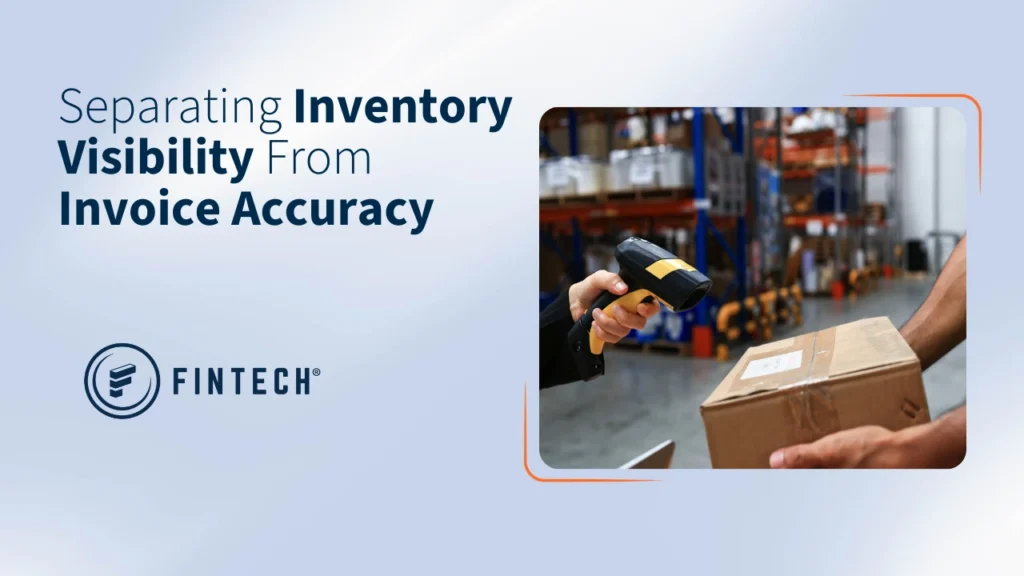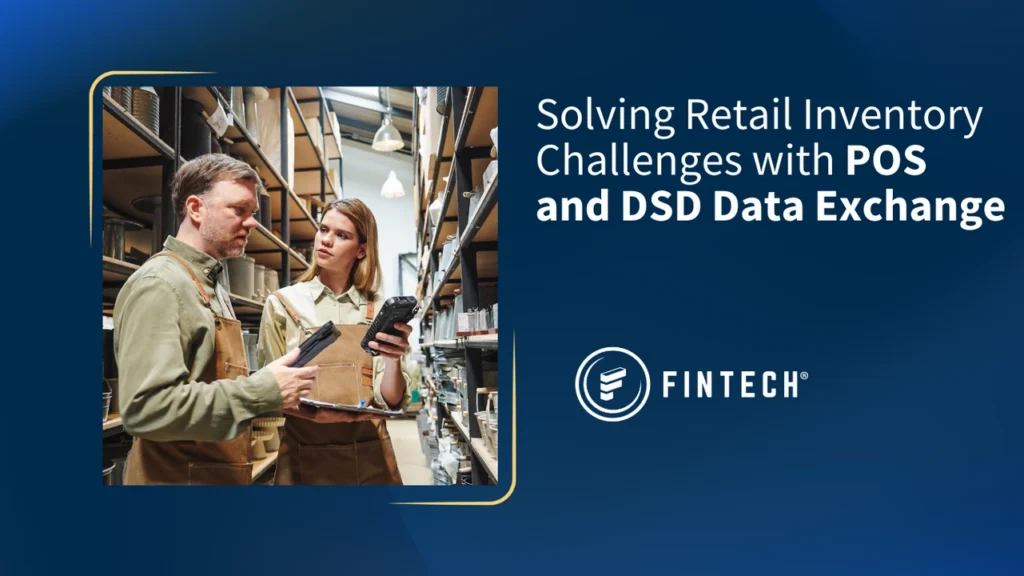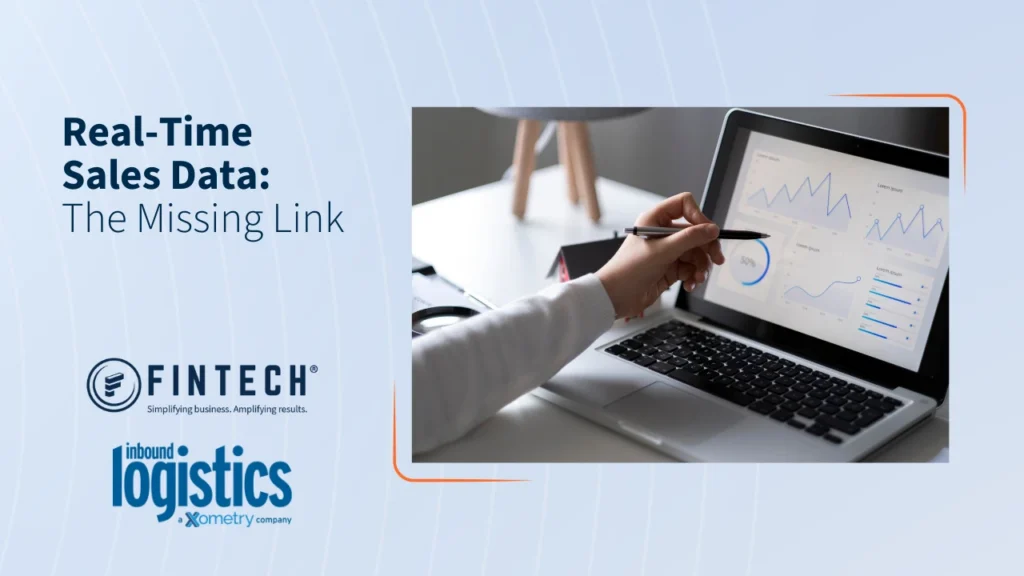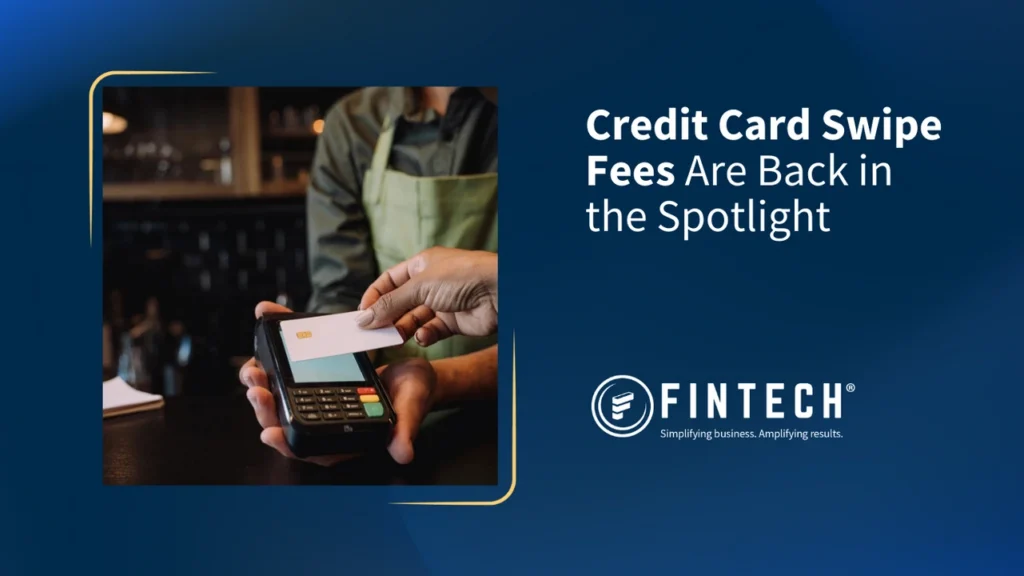The alcohol industry has come a long way from traditional bartending, pickup truck deliveries, and cash transactions. Technological advancements continue to disrupt and transform how alcohol is ordered, purchased, served, and enjoyed. These alcohol technology solutions can optimize workflows, create margin-protecting opportunities, and more. In this blog, we will delve into some of these alcohol technology trends.
1. Automated Payments
The rise of digital wallets, mobile payment apps, and electronic funds transfer (EFT) capabilities have revolutionized how businesses order and pay for their alcohol inventory and how people settle their bar tabs. Fintech’s PaymentSource® allows businesses to automate submitting and collecting both cash-on-delivery and term payments for alcohol invoices. This saves time for the retailer and distributor, as both parties spend less time with each delivery, and payment is issued on time and in compliance with alcohol regulations.
Some companies are automating payments for patrons as well. For example, TabX allows users to open and close tabs from their smartphone devices, eliminating the need to wait in line at a crowded bar or turn over their credit card to open a tab.
This trend not only enhances convenience but also expedites the transaction process, improving customer satisfaction and increasing efficiency for businesses.
2. Data Integration and Insights
Alcohol is no exception when it comes to the power of data. Purchase data insights allow businesses to tailor their inventory to customer preferences and identify cost variances across their distributor network that identify potential margin erosion so they can cost-correct on their quantity buys.
Another lane for optimization is through data integration. Instead of manually inputting line-item invoice data fields into a back-office system, businesses can take advantage of automated data integration. These integrations are GL-coded to match bookkeeping, simplifying reconciliation and saving time on what usually is a time-consuming task.
3. Smart Inventory Management
Part of running a successful alcohol business is efficient inventory management – knowing how much of which product to stock, monitoring stock levels, and knowing when to reorder to avoid running out of crucial supplies. Traditionally, managers would eyeball partial liquor bottles, wine bottles, and kegs when counting money and creating bar inventory variance reports. Now, businesses can be more precise using bar inventory management technology like Sculpture Hospitality.
With a system like Sculpture, businesses gain insights into the timestamping of all pours and sales transactions, variance reports highlighting slippage, and tracking stock that comes in, leaves, or stays on shelves too long. Businesses also get precise on-hand inventory levels at a much faster rate, shaping smarter ordering decisions.
4. Artificial Intelligence (AI) Bartenders
AI is finding more ways into the hospitality space, and AI-driven robotic bartenders are the latest to make their mark in the industry. These machines can mix and serve cocktails with precision, making them a hit at bars, events, and specialty venues like cruise ships. Take Cecilia, for example, an interactive conversational AI that can mix an extensive range of cocktails using precise recipes, communicate a brand’s message and promotions, and even verify ages. The machine can do up to 120 drinks per hour and handle 70 liters of storage. It can also mix things up with a customizable script involving jokes, gossip, drink recommendations, and more.
These AI bartenders are not meant to replace human bartenders but offer a novel and efficient way to prepare and serve drinks.
5. Alcohol Delivery Apps
The convenience of alcohol delivery through third-party apps has skyrocketed in recent years. These apps allow users to order their favorite alcoholic beverages right to their doorstep, often within an hour. The ease of ordering through these apps has opened new revenue streams for liquor stores and restaurants while providing consumers with a hassle-free shopping experience.
Making the Most of Expanding Alcohol Technology
The alcohol industry is embracing the digital age with open arms, incorporating technology in various aspects of its business. From enhancing customer experiences with ordering automation to improving efficiency with smart inventory management, these trends are shaping the future of the industry. The marriage of technology and alcohol is not only about convenience but also about providing consumers with more engaging and memorable experiences. Businesses incorporating these technologies see increases in operational efficiency that help with profitability and resource management. As technology continues to evolve, we can expect even more exciting developments across all three tiers of the alcohol industry.






